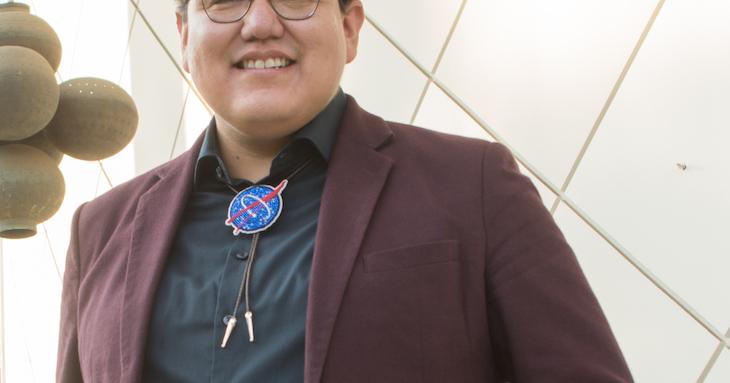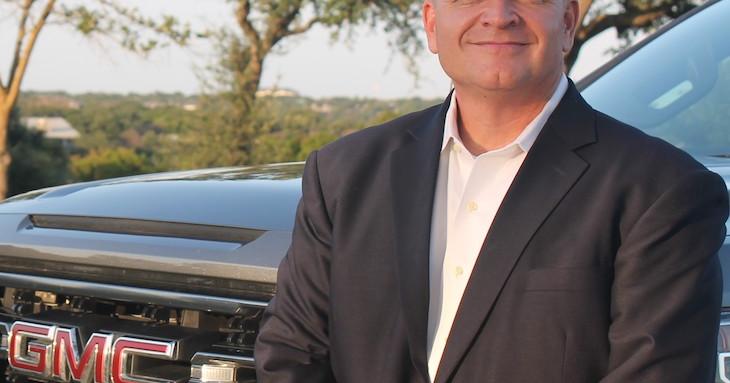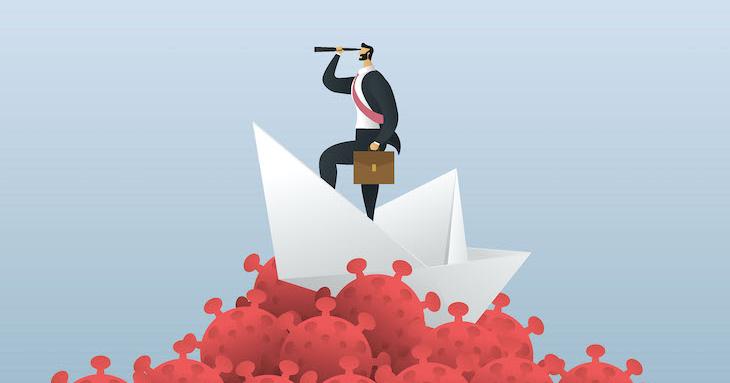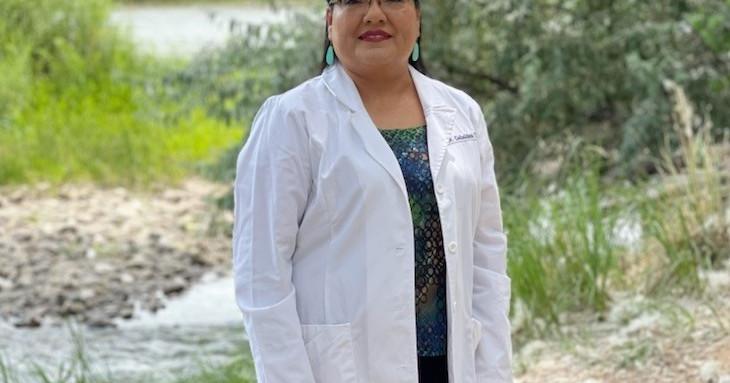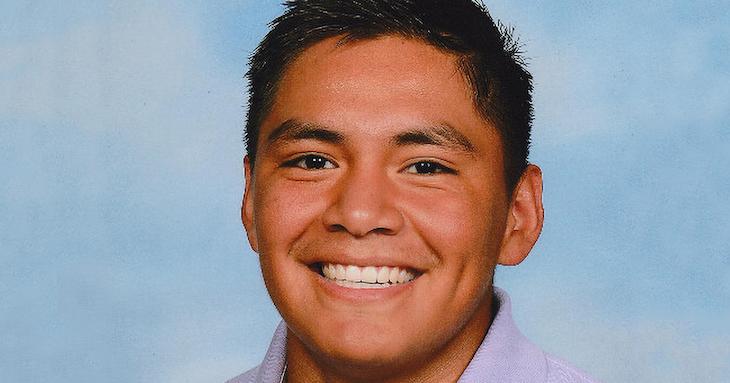-
Aaron Yazzie | Technical Excellence Awardee | Navajo
Aaron Yazzie shares many of the questions a lot of us have about the planet Mars. “Mars was once similar to Earth,” he says. “It once had water and was warmer as an early planet. It developed over billions of years in similar ways to Earth, but the question is, why did Earth develop life and Mars didn’t? Or maybe it did?”
-
Tobin Beal | Executive Excellence Awardee | Choctaw Nation
When Tobin Beal was living in China and working as the CIO for General Motors (GM), he had an extraordinarily long to-do list. Among many other tasks, Beal was charged with developing information technology strategies and sales and marketing solutions to support the automaker’s success in a vital market and with its many joint venture partnerships with Chinese companies.
-
Dr. Josiah Hester | Most Promising Engineer or Scientist Awardee | Native Hawaiian
Long before Dr. Josiah Hester became a tenure track professor in Northwestern University’s Departments of Electrical and Computer Engineering and Computer Science, his parents taught him to understand the connection between computing and a secure life. “My parents saw that computing generally is your ticket,” says Dr. Hester, Native Hawaiian (Kānaka maoli), who remembers how his mom and dad started him learning the Java programing language.
-
Deb Tewa | Indigenous Excellence Awardee | Hopi
These days, any discussion of electricity inevitably turns to energy generated by the sun. In fact, according to a recent report by the Solar Energy Industries Association, nearly 60 percent of all new electric generation added in the U.S. during the first quarter of 2021 was solar — and forecasts are that the mainstreaming of solar energy will only accelerate.
-
Dr. Crystal Tulley-Cordova | Professional of the Year Awardee | Diné
In some of Dr. Crystal Tulley-Cordova’s earliest memories, water is a prominent feature. She vividly recalls the silver basin — which looked to her like an oversized teapot — that her grandmother used to heat bathwater on the stove. It’s a pleasant memory, but one also laced with recollections of what a struggle it was to obtain clean water for bathing and drinking. “I have memories of how my family traveled over dirt roads to get water for our daily needs,” she says.
-
10 Native STEM Enterprises to Watch
Facing a Post-COVID Future
What do Indigenous entrepreneurs see coming? -
Dr. Denise Gabaldon-Thronas | Ohkay Owingeh/Taos Pueblo | Naprapathic Medicine
Growing up in the Ohkay Owingeh Pueblo in New Mexico, Dr. Denise GabaldonThronas saw family members and friends struggling with a range of ailments from diabetes to cancer, and was determined to choose a career that would allow her to help them.
The first from her family to attend college, she focused on biochemistry at New Mexico State University, hoping to apply her degree in some aspect of health care. “I was initially interested in pharmaceuticals for curing disease,” she says, “but that was problematic because of our cultural beliefs in healing.”
-
Jacob Belin | Navajo Nation | Stellantis
Mechanical engineer Jacob Belin enjoys understanding how things work. He’s discovered he also likes being part of a team that looks for innovative ways to create new solutions. Even though he’s just 24, Belin is a propulsion systems engineer for Stellantis, a leading global automaker whose brands include Chrysler, Dodge, Fiat, Jeep, Opel, and Ram. So far, his path has included some trial and error and conscious effort — with a little help from AISES summer internships.
-
Mariah Gladstone | Cherokee Nation and Blackfeet Nation | Columbia University
Mariah Gladstone has found a recipe for success in her online cooking show Indigikitchen. Its name blends the words “Indigenous,” “digital,” and “kitchen,” and her weekly recipes, tips, and social media videos aim to reIndigenize the diets of Native Americans while tempting all viewers to opt for healthier diets. Her Facebook, Instagram, and YouTube posts have won her thousands of followers and interest from book agents and publishers.
-
Leah M. L. Creaser | Mi’kmaq—Acadia First Nation | Acadia University
Growing up, Leah Creaser spent much of her time with her friend Taylor adventuring behind their older brothers. Those excursions typically involved heading out on four-wheelers to some water and dropping a line to see if they could catch anything. While she didn’t always come home with dinner, Creaser did catch a love for fish. She is currently completing a bachelor’s degree in biology with a focus on fish science at Acadia University in Nova Scotia.


